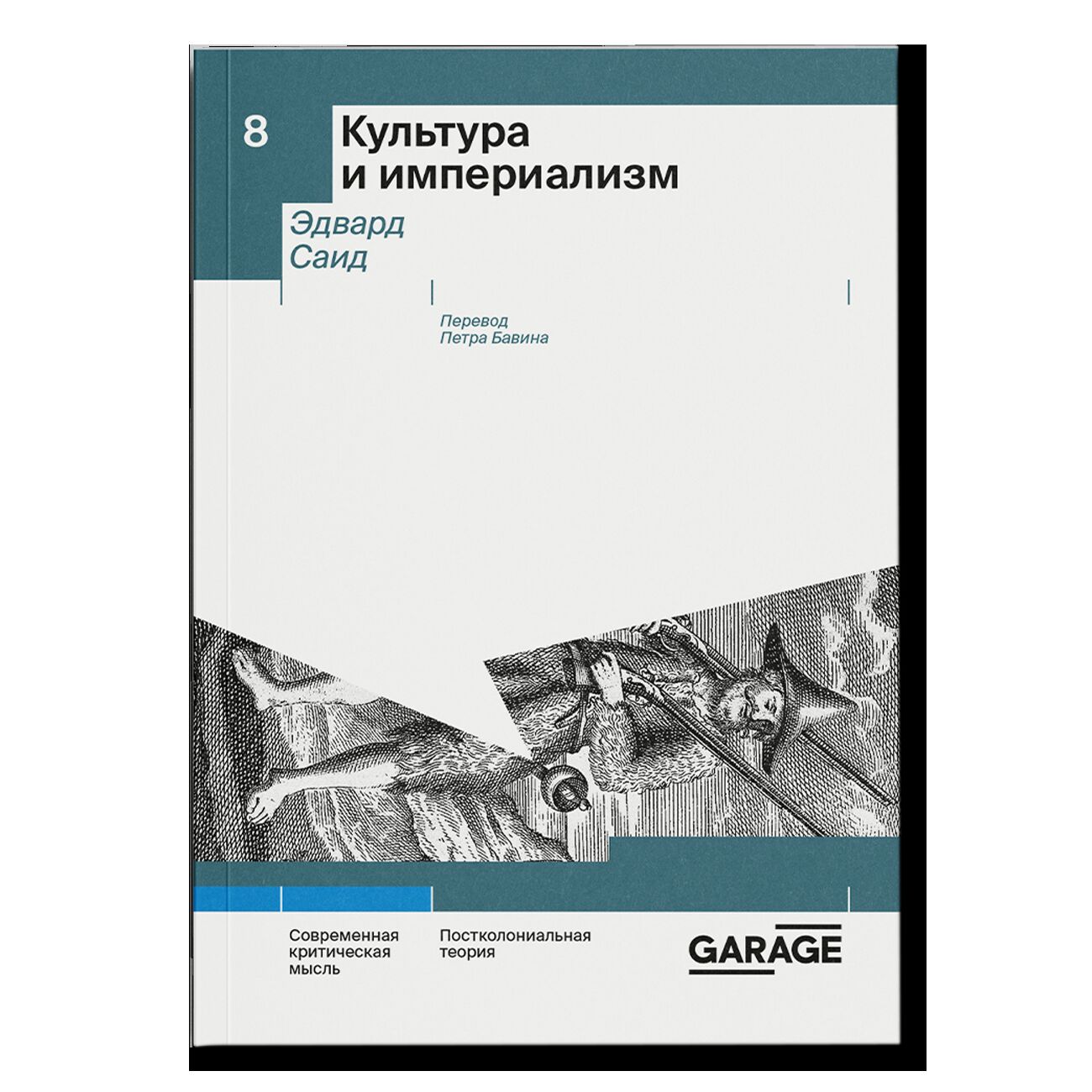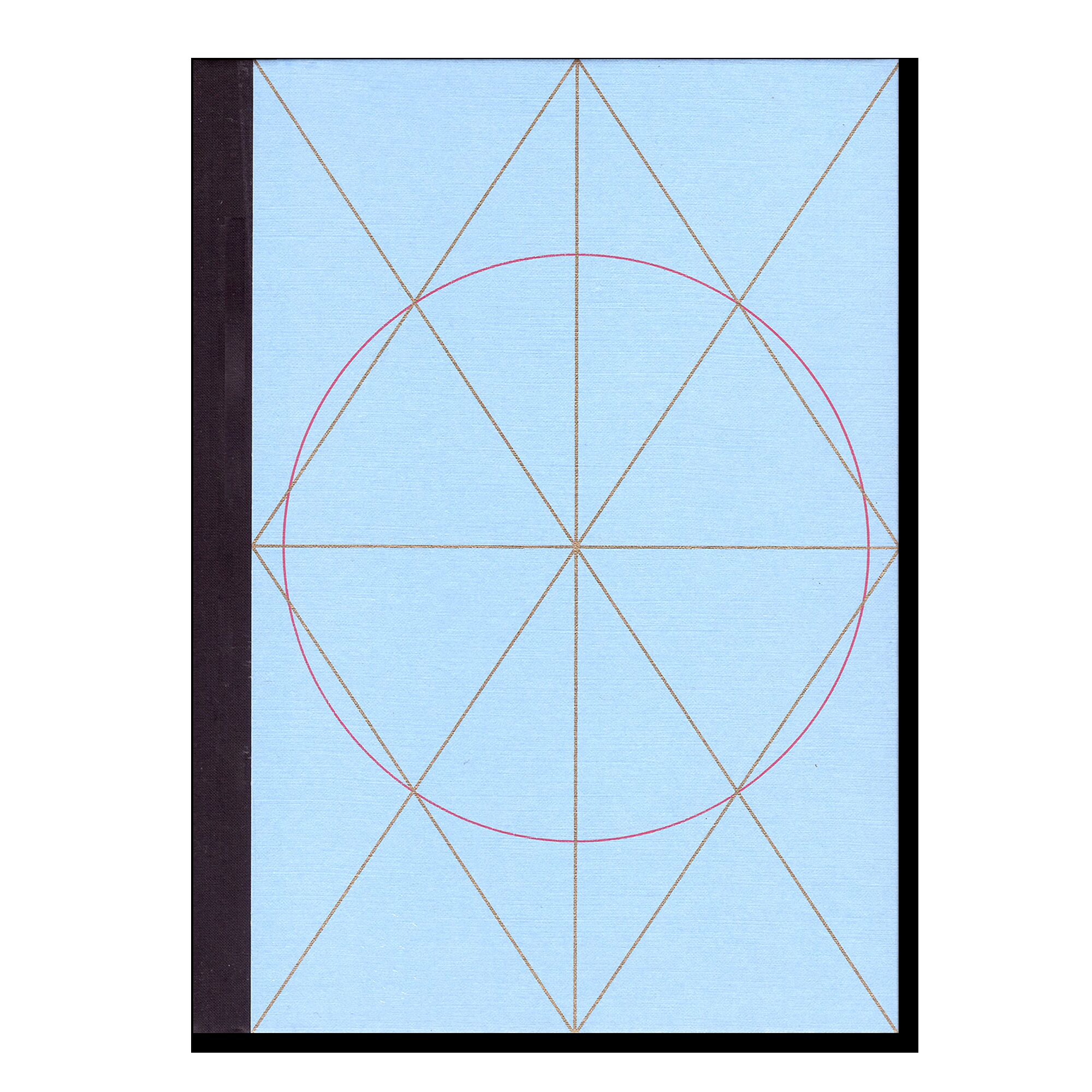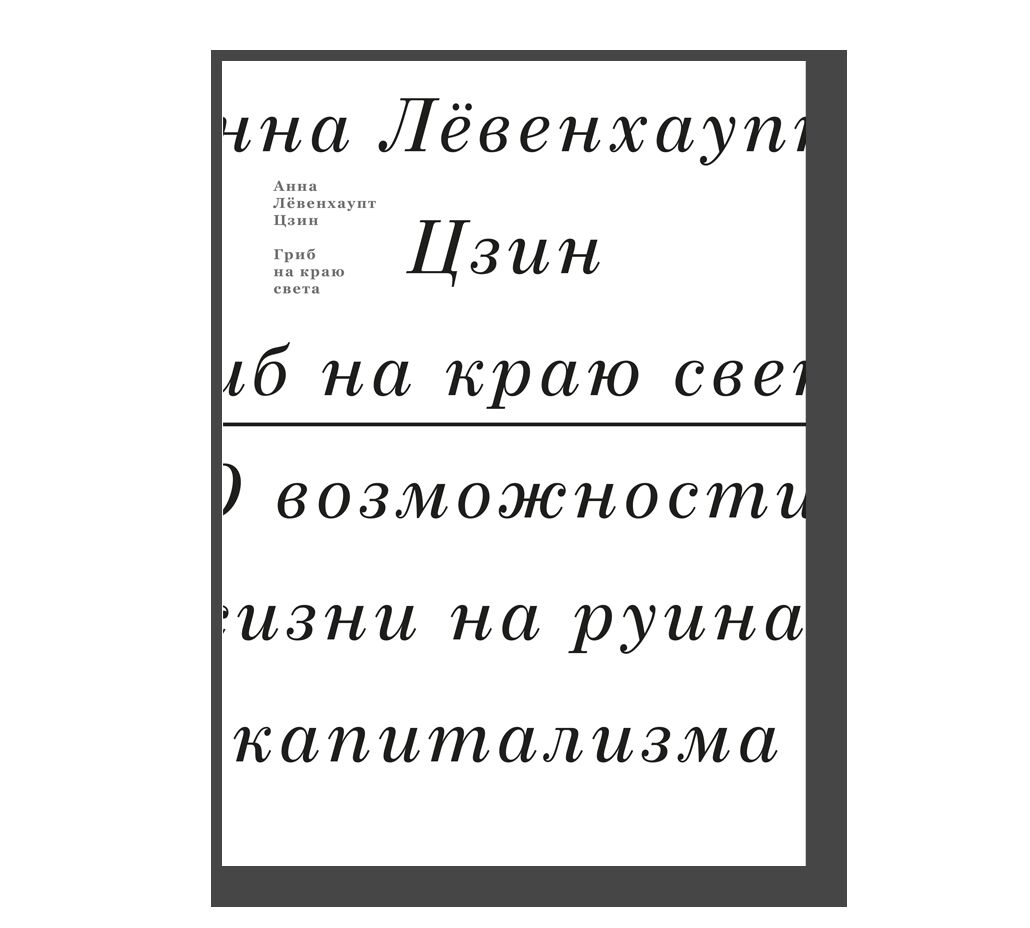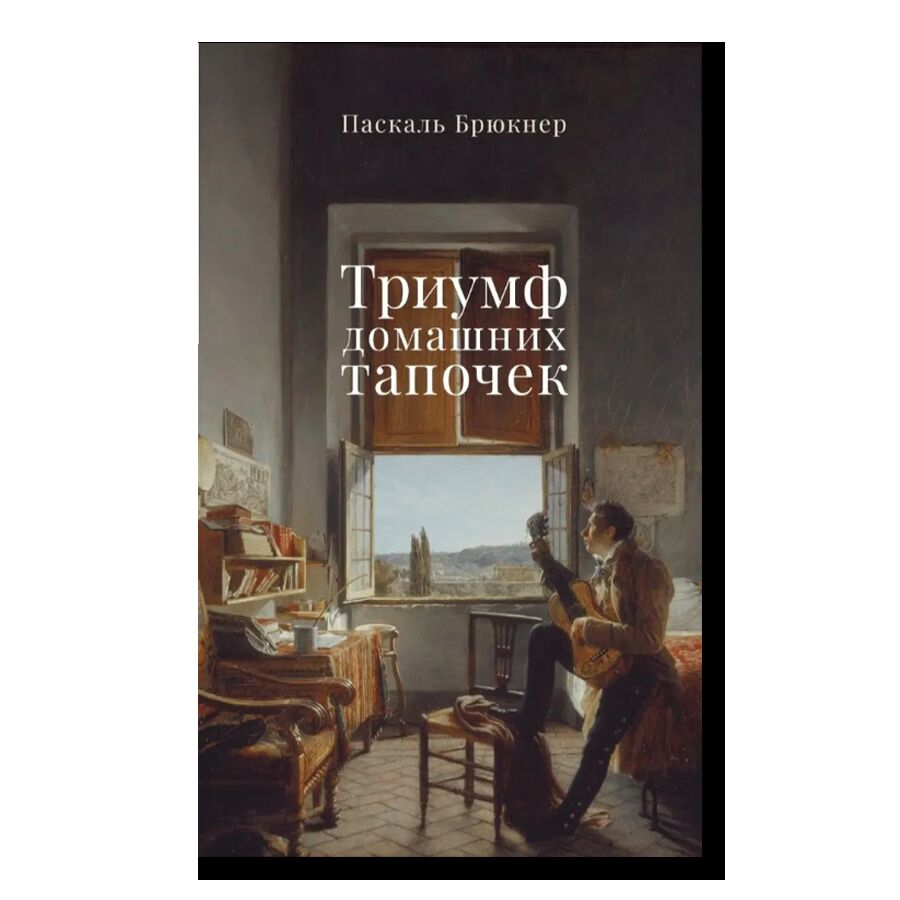The Mushroom at the End of the World: On the Possibility of Life in Capitalist Ruins
- Year: 2017
- Language: Russian
- Publisher: Ad Marginem
- ISBN: 9785911033361
- Page: 376
- Cover: hardcover
- About the Book
Anthropologist Anna Lowenhaupt Tsing has devoted several years to the study of the most expensive mushroom in the world. Picking it in the forests of the northern hemisphere, talking to forest wardens, sellers, biologists and ecologists, she has formulated a new theory of precarity: life without any definite and stable rules at the margins of civilization.
The matsutake mushroom is highly prized in Japanese cuisine. It grows in the most unfavourable conditions, feeding on, and at the same time supporting, other species in the ecosystem. It was precisely this ‘bipolarity’ that captured the attention of the American scientist who studies the relationship between man and environment.
The world of matsutake trade is like a mycelium where a great number of actors—mushroom pickers and sellers, chefs, and gourmets—are connected into a complex and elaborate network. With its own rules and a different kind of social relations, the community of matsutake pickers has created an alternative reality independent from the capitalist modus operandi and which Tsing calls ‘the third nature.’
Social thought abounds in theories about the alienating nature of capital and the possibility of a different community, based of mutual help and free from hierarchies. Deleuze and Guattari came up with the rhizome as a possible model for social organization as early as in the 1970s. However, Tsing also offers the reader a unique opportunity to explore an almost fairy-tale world, which not many people know of.
Despite its academic rigour, the book reads as an adventure novel, complete with photographs and drawings.
Tsing’s study has received a number of prestigious awards, including Victor Turner Prize in Ethnographic Writing (2016).





